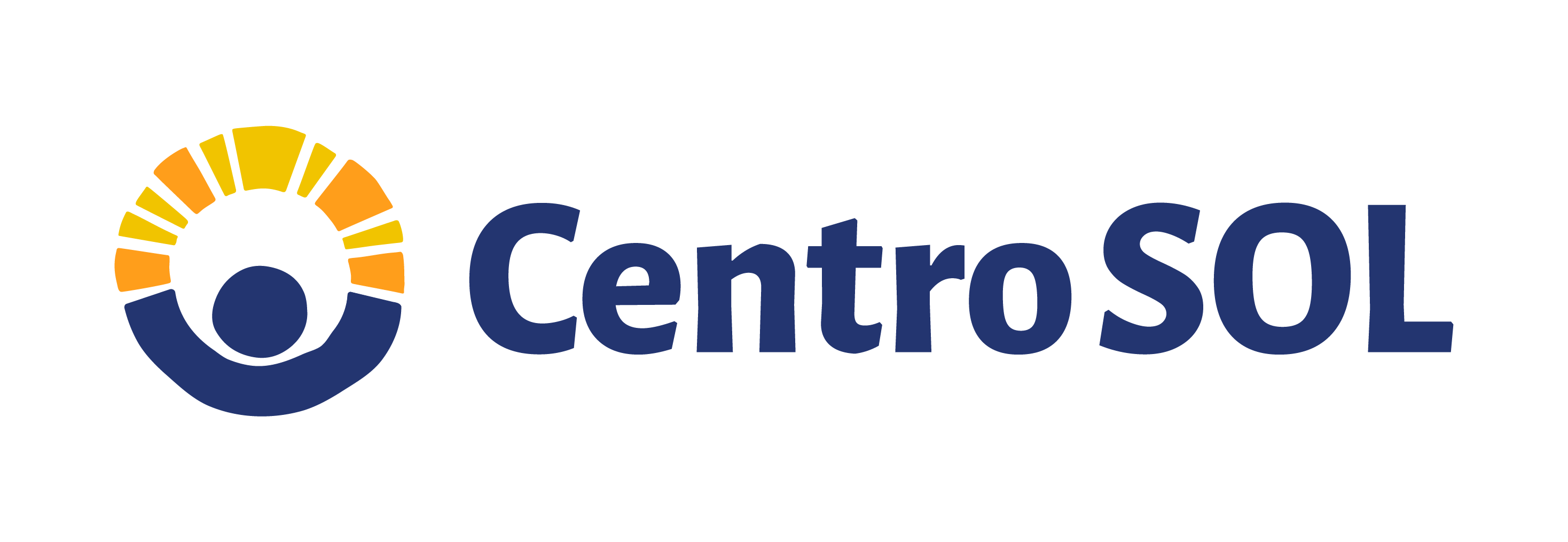On February 24, the Department of Homeland Security started implementing the “public charge rule” a policy that was approved by the Supreme Court with 5-4 votes.
This rule brings questions about how it will be implemented and what it means for families in our communities. To clarify some of your questions we’ve compiled them here:
WHAT IS THE PUBLIC CHARGE RULE?
A policy that requires green card applicants to pass the “public charge test”, which looks at several factors, including whether the person is likely to use certain government services in the future. Under the final rule, an immigrant’s use of the Supplemental Nutrition Assistance Program, housing assistance, and Medicaid (for non-pregnant adults) on or after February 24, 2020, can now be considered to deny entry or permanent legal status in the United States.
WHAT SHOULD I TELL MY PATIENTS WHO ARE IMMIGRANTS OR LIVE WITH IMMIGRANT FAMILIES?
Public charge does not apply to all immigrants. Every family is different, and most people who are subject to the new rule are not eligible for the programs it now includes.
Programs counted in the “public charge test” include Supplemental Nutrition Assistance Program (SNAP, “EBT” or “Food Stamps”), Federal Public Housing and Section 8 assistance, Medicaid (except for emergency services, children under 21 years, pregnant women, and new mothers), Cash assistance programs (like SSI, TANF, General Assistance).
Programs that will not be counted in the public charge test include Medicaid for children under 21 years, pregnant women, and new mothers, WIC, CHIP, school breakfast and lunch, food banks, state or local health care programs, and many more. You should still encourage immigrant families in your practice to access these services as needed. Please feel free to share the resources from AAP and the Protecting Immigrant Families campaign.
SHOULD I KEEP MY KIDS ENROLLED IN HEALTH AND NUTRITION PROGRAMS?
Programs like Medicaid, CHIP, Marketplace Coverage (“Obamacare”), School Breakfast & Lunch, WIC, and SNAP (“food stamps”) help your children lead healthier and stronger lives. You may have questions about whether your child’s use of these health and nutrition programs will affect your immigration status or your application for a green card. Stay informed about how this may affect you and your child to make an informed decision. These Q&A will help clarify some of your questions. Download Should I keep my kids enrolled in health and nutrition programs?. Descargue Debo mantener a mis hijos en programa de salud y alimentación?
KNOW YOUR RIGHTS
Doctors and nurses care about your health, not your immigration status. Patients can seek care with confidence that their personal information is private. Immigration agencies also have a policy of avoiding enforcement actions in health care facilities like hospitals, health clinics, urgent care and doctors’ offices. Download Know Your Rights sheet. Descargue la hoja de Conozca sus Derechos.
References:

